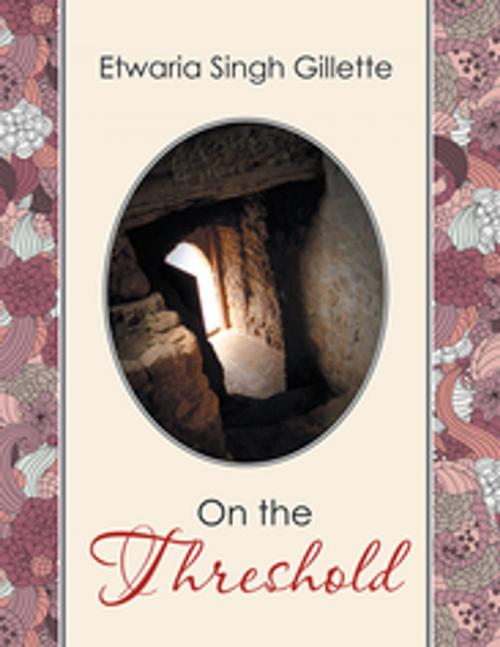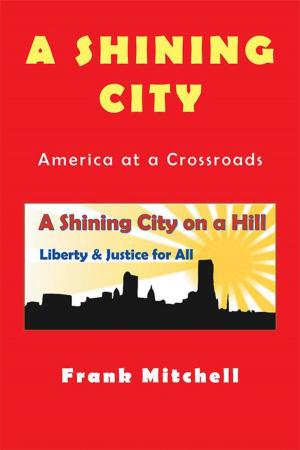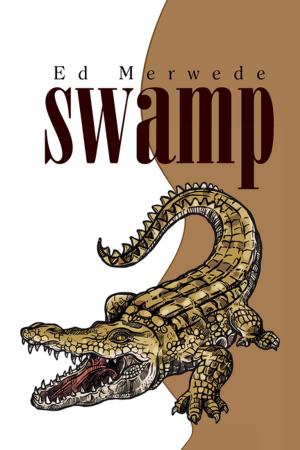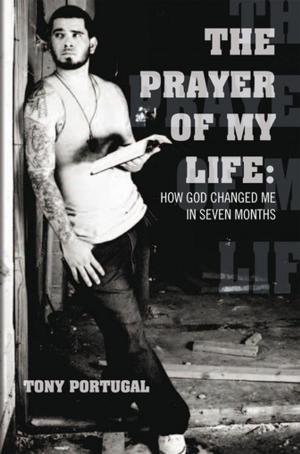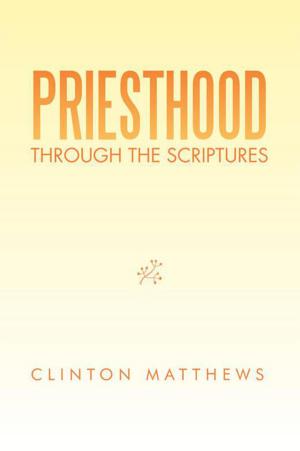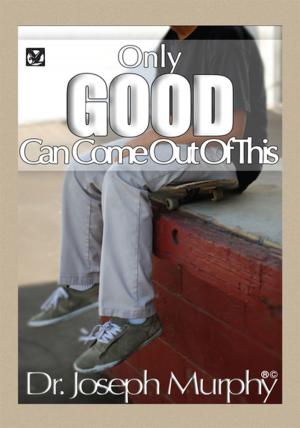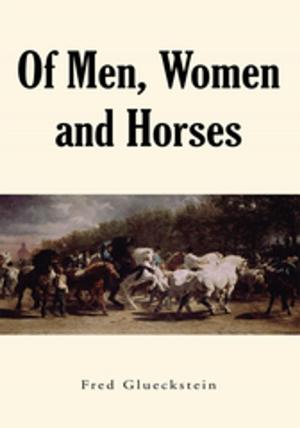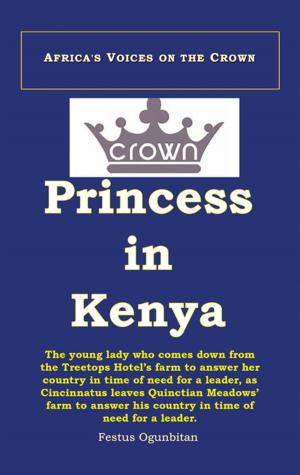| Author: | Etwaria Singh Gillette | ISBN: | 9781483676852 |
| Publisher: | Xlibris US | Publication: | September 20, 2013 |
| Imprint: | Xlibris US | Language: | English |
| Author: | Etwaria Singh Gillette |
| ISBN: | 9781483676852 |
| Publisher: | Xlibris US |
| Publication: | September 20, 2013 |
| Imprint: | Xlibris US |
| Language: | English |
On the Threshold is an anthology comprised of 50 poems in 11 sections. The poems in each section share a common theme. The motifs range from death in On the Threshold; to misery in Total Darkness in Daylight; to homelessness in Destinys Stepdaughter; to happiness in Moods; to economic reality in Sold out for a Green Card; to cruelty in Wounded Lioness; to pathos in Soul Stealer and Mother and Daughter; to prayer in Father and Daughter; to hilarity in The Ballad of the Mermaid; to parody in Snatcher of the Spry. The four poems that comprise Snatcher of the Spry are parodies of these poems respectively: Coming thro the Rye by Robert Burns; Fair liberty was all his cry by Jonathan Swift; To Lucasta, Going to the Wars by Richard Lovelace; and She walks in Beauty by Lord Byron. Each section of this anthology begins with an epigraph. The darker sections of this anthology are about my grandmothers. From childhood my mother began telling me about their travails. She told me their stories repeatedly because she wanted me to write about them so they would never be forgotten. The remarkable thing about the lives of these women was the fatalism with which they accepted the injustices done to them. They both suffered from asthma. My paternal grandfather traded in his wife for her younger sister because in his ignorance he believed that asthma was contagious. He took the second sister off to a distant island. My father and his mother were sent to live with her eldest brother. Three times daily my father went with his calabash to collect their meals from relatives. When my grandmother died my grandfather returned home and took my father. By then he had two more sons. Throughout his life my father lashed out at his aunt who was twelve years old when she was made to take her sisters place. The trauma of witnessing his mothers pain drove my father to drink himself into an early grave. When my grandmother gave birth to my mother rabies hit her father-in-laws herd and killed more than fifty cattle. Her mother-in-law attributed this disaster to the daughter-in-law and her female newborn. She claimed that they were cursed. She forced her son to take his wife back to her family. They sailed overnight down the Demerara River to Georgetown on an open raft. My grandmother contracted pneumonia and had an intense battle with death. She recovered to the news that her husband had remarried. He never learned that she became asthmatic. My grandmothers went to early graves. My mother lives with their heartache and she passed this legacy to me. The fruits my grandmothers reaped from this world were bitter but the pathos of their lives has mellowed into a sad beauty as the decades passed. May the poetry of their anguish bring you pleasure and a better understanding of the female condition.
On the Threshold is an anthology comprised of 50 poems in 11 sections. The poems in each section share a common theme. The motifs range from death in On the Threshold; to misery in Total Darkness in Daylight; to homelessness in Destinys Stepdaughter; to happiness in Moods; to economic reality in Sold out for a Green Card; to cruelty in Wounded Lioness; to pathos in Soul Stealer and Mother and Daughter; to prayer in Father and Daughter; to hilarity in The Ballad of the Mermaid; to parody in Snatcher of the Spry. The four poems that comprise Snatcher of the Spry are parodies of these poems respectively: Coming thro the Rye by Robert Burns; Fair liberty was all his cry by Jonathan Swift; To Lucasta, Going to the Wars by Richard Lovelace; and She walks in Beauty by Lord Byron. Each section of this anthology begins with an epigraph. The darker sections of this anthology are about my grandmothers. From childhood my mother began telling me about their travails. She told me their stories repeatedly because she wanted me to write about them so they would never be forgotten. The remarkable thing about the lives of these women was the fatalism with which they accepted the injustices done to them. They both suffered from asthma. My paternal grandfather traded in his wife for her younger sister because in his ignorance he believed that asthma was contagious. He took the second sister off to a distant island. My father and his mother were sent to live with her eldest brother. Three times daily my father went with his calabash to collect their meals from relatives. When my grandmother died my grandfather returned home and took my father. By then he had two more sons. Throughout his life my father lashed out at his aunt who was twelve years old when she was made to take her sisters place. The trauma of witnessing his mothers pain drove my father to drink himself into an early grave. When my grandmother gave birth to my mother rabies hit her father-in-laws herd and killed more than fifty cattle. Her mother-in-law attributed this disaster to the daughter-in-law and her female newborn. She claimed that they were cursed. She forced her son to take his wife back to her family. They sailed overnight down the Demerara River to Georgetown on an open raft. My grandmother contracted pneumonia and had an intense battle with death. She recovered to the news that her husband had remarried. He never learned that she became asthmatic. My grandmothers went to early graves. My mother lives with their heartache and she passed this legacy to me. The fruits my grandmothers reaped from this world were bitter but the pathos of their lives has mellowed into a sad beauty as the decades passed. May the poetry of their anguish bring you pleasure and a better understanding of the female condition.
